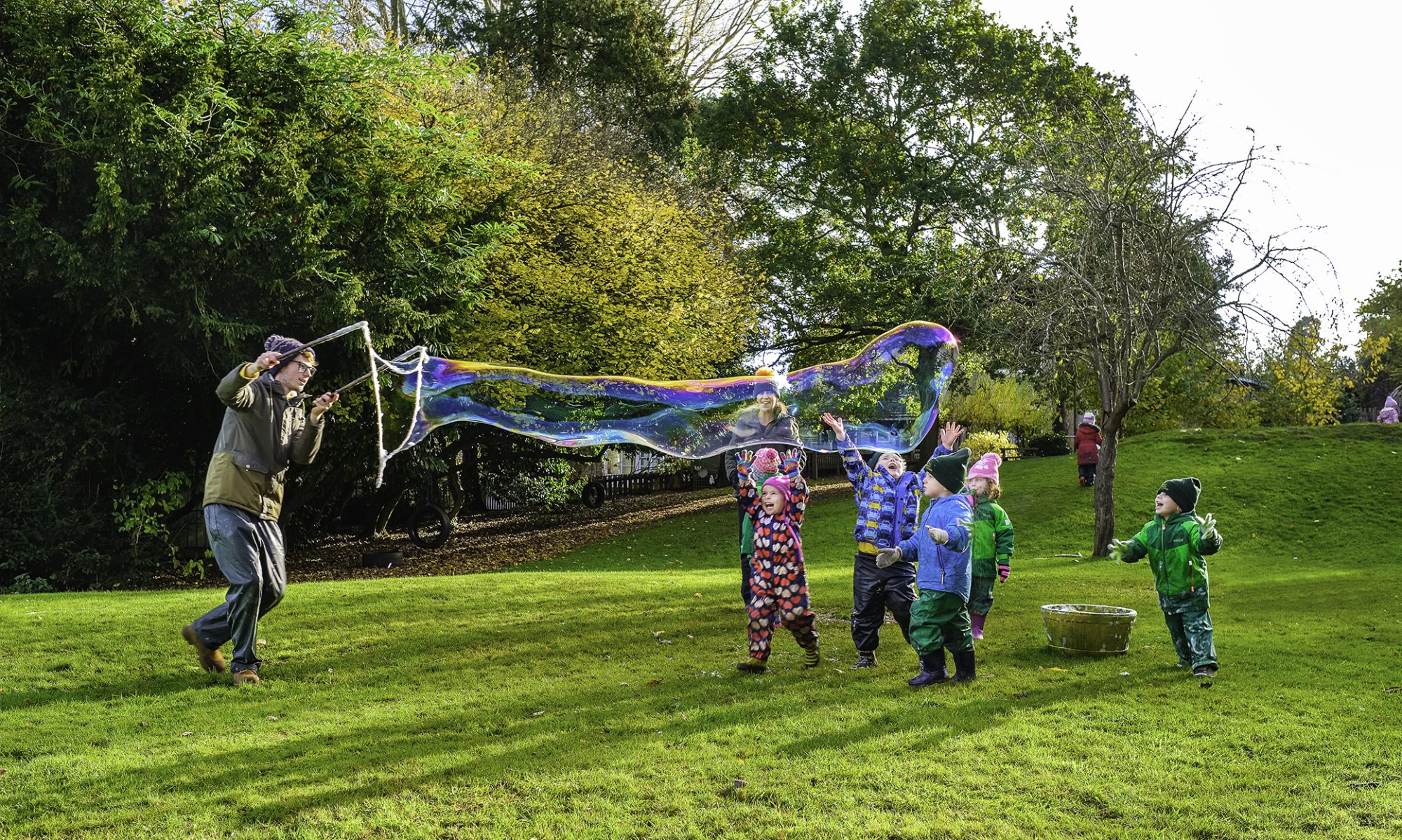New Year’s Eve is December 31st, the last day of the year, in the Gregorian calendar.
Countries who still use the Julian Calendar observe New Year’s Eve on 13th January.
New Year’s Eve is traditionally celebrated with firework displays across the globe at 00:00 in the local time zones.
History of New Year’s Eve
New Year’s Day was fixed at January 1st in 153 BC, when the two Roman consuls, after whom – in the Roman calendar – years were named and numbered, chose that date, mainly for military reasons.
During the Middle Ages, a number of different Christian feast dates were used to mark the New Year, though calendars often continued to display the months in columns running from January to December in the Roman fashion.
Most countries in Western Europe had officially adopted January 1st as New Year’s Day even before they adopted the Gregorian calendar. This was called Circumcision Style, because it was the date of the ‘Feast of the Circumcision’, which occurred on the eighth day after Christmas Day, and is said to have been the day when Christ was circumcised.
Traditions of New Year’s Eve
“Auld Lang Syne”, written by the Scottish poet Robert Burns in 1788, is traditionally sung at midnight on New Year’s Eve. The words auld lang syne mean “times gone by”.
About 1 million people will gather in New York City’s Times Square to watch the ball drop at midnight on December 31st and mark the arrival of the new year. The Times Square New Year’s Eve ball drop tradition began in 1907 following a ban on the firework display that had taken place since 1904. The first ball weighed 700 pounds and was lit with 100 25-watt lights. The current ball is 12 feet in diameter, weighs 11,875 pounds and is covered 2,688 Waterford crystals, lit by 32,000 LED lights.
“An optimist stays up until midnight to see the new year in. A pessimist stays up to make sure the old year leaves.”
In Japan, at midnight on Shōgatsu (New Year’s Eve), Buddhist temples ring their bells 108 times to ring in the New Year and drive away the 108 evil desires that humans fall prey to. This event is called Joya no Kane and is carried on Japanese radio.
New Year’s Eve is traditionally the time to make New Year’s resolutions, which one hopes to fulfil or abide by in the coming year; such as stop smoking or drinking alcohol, or lose weight or get physically fit.
New Year’s Eve is celebrated in Scotland more than the rest of the UK. This is because Christmas was effectively banned in Scotland from 1560 until 1712 due to the Scottish Reformation and only became a public holiday in 1958. Instead of Christmas, the Scots threw their end of year festivities into New Year, which they call Hogmanay. Rather than have a holiday on New Year’s Eve, the canny Scots give themselves an extra public holiday on the Day after New Year to help recover.

